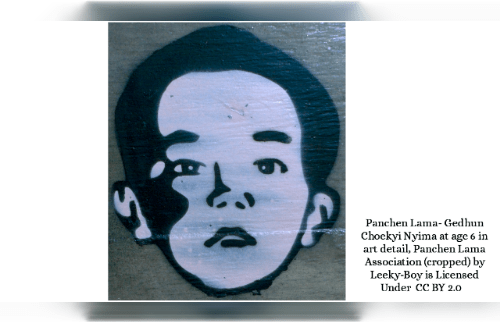
Chinese authorities imposed a new cyber law in Tibet that went into effect Wednesday, with the government announcing tougher punishments for anyone creating “public disorder by engaging in separatist acts.”
The law, initially passed in 2016, is designed to strengthen digital surveillance and censorship in the region, with the new requirements allowing authorities to target Tibetans for online activity deemed critical of Chinese rule in the region.
Dawa Tsering, the director of the India-based Tibet Policy Institute, told RFA that “there are no proper guidelines on which the Chinese government has grounded these regulations in Tibet.”
“Anyone that the Chinese authorities deem to have impaired China’s national security and public interest can be punished under this law,” Tsering said. “There is a lot of ambiguity.”
The law itself does not specify the type of violations that would get individual Tibetans in trouble with authorities, raising fears that Chinese police would use it to target anyone having cultural, social, or religious conversations related to Tibet.
“Though the law is meant to protect and honor the Tibetan human rights, culture, history, natural resources and environment, the ambiguity of these regulations will negatively impact Tibetans,” Sangay Kyab, a researcher at the Tibetan Center for Human Rights, told RFA.
“[The laws] will leave room for Chinese authorities to arrest and detain them on simple but also uncertain charges.”
Article 11 of the law states that anyone seen to be posing a threat to national security and public interest, deemed to be anti-socialist, or seen as engaging in separatism by maintaining any association with Tibetan independence groups or individuals will face punishment.
Those who share related photos, speeches, campaigns, books or videos, or who support these activities can also be targeted.
“Tibetans inside Tibet are going to suffer even more so under the guise of this cyber security law,” Gonpo Dhondup, President of Tibetan Youth Congress, said.
“And the law is also a strategic move by the Chinese government to disconnect Tibetans inside Tibet with those in exile.”
Translated by Tenzin Dickyi. Edited by Nawar Nemeh and Josh Lipes.
Copyright © 1998-2020, RFA. Used with the permission of Radio Free Asia, 2025 M St. NW, Suite 300, Washington DC 20036. https://www.rfa.org.















